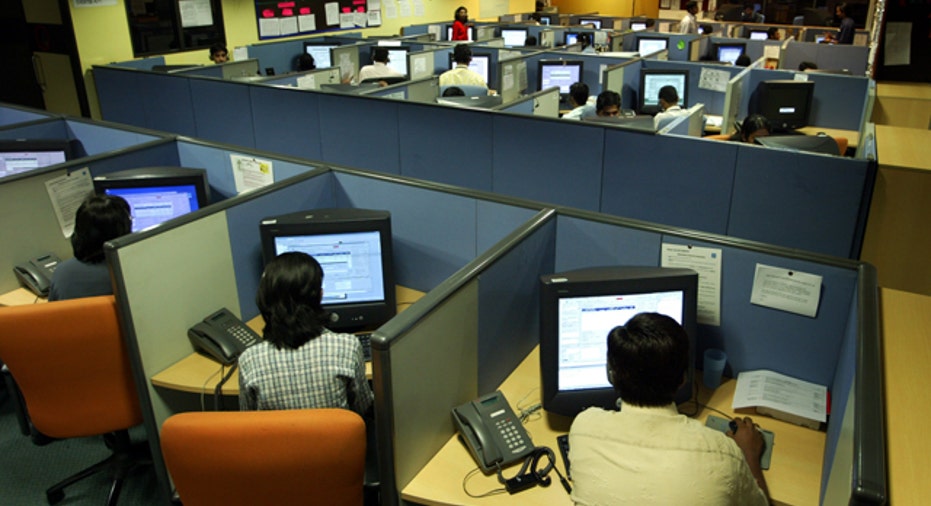How to Survive Office Politics

Some people play political games at work. Not most, but enough to cause serious issues for the rest of us. It seems to be particularly common in government bureaucracies and mature industries, but you'll find it in any company where management is clueless, employees aren't held accountable, and it takes an act of God to fire someone.
This is probably a mischaracterization, but I've always seen office politics as something of a disease--a bureaucratic disease. Here's how to fight it, from the CBDC (Center for Bureaucratic Disease Control):
Symptoms
Symptoms of Bureaucratic Disease include backstabbing, torpedoing, manipulating, controlling, grandstanding, finger pointing, power grabbing, sugar coating, idea stealing and passive aggressive behavior.
Pathology
The pathology of this particularly insidious disease tends to follow a common pattern: Avoiding anything remotely associated with actual work, taking as much undeserved credit for success as possible, and ensuring that someone else takes the blame when things go terribly wrong, as they inevitably do.
What to do if you're exposed
Close and repeated contact with someone infected with the disease is not advised as it can cause dangerous levels of stress and anxiety. In some cases, it has been known to cause bouts of depression and burnout. In rare instances of chronic contact, some victims have actually been seen to "fall apart at the seams."
If you have an infected coworker and are exhibiting some of the above signs, you are advised to seek immediate treatment.
Course of treatment
1. Take a long hard look in the mirror. Not to blame the victim here, but in many cases, the person reporting the disease in someone else is actually the one who was initially infected. "Reacting in kind" can actually be a defense mechanism employed by the other person's bureaucratic autoimmune system. If that diagnosis is found to be false, proceed to Step 2.
2. Self medicate and wait. Studies have found "waiting" to be an effective strategy. There's an old Japanese proverb that goes something like this, "If you stand by the river long enough, you'll see the body of your enemy float by." No, it's not some sort of hokey holistic cure; it really works because the disease tends to cause infected individuals to eventually self-destruct.
If, on the other hand, your signs are becoming severe, discontinue this treatment at once and proceed to Step 3.
3. Quit and try your luck elsewhere. Although the disease has a widely variable and potentially long range, it quickly loses its potency once you leave the proximity of the organization or company. Once you're safely out of range, the effects of the disease should subside precipitously.
While this is the only cure that's known to be 100% effective, it does have some potentially severe side effects, including loss of income, feelings of failure and diminished pride. Our advice: get over it and move on.
Homegrown remedies
Taking the problem to human resources or management will rarely result in a positive outcome. That course of action has far more frequently resulted in 1) nothing, 2) the victim being labeled a troublemaker, or 3) both victim and infected coworker getting fired.
Under NO circumstances should you try to reason or go head-to-head with the infected individuals. Once the disease has reached the pathological stage, those infected are more or less beyond help or hope. Engaging them will only serve to reinforce and embolden their behavior. It's their game and their rules; you will be no match for their deranged and psychopathic manipulations.
Similar diseases
While the pathology is different, the same course of treatment has been found to be effective in the event of repeated contact with workplace bullies and dysfunctional bosses.
Small print: Don't let the comedic tone fool you. The advice is absolutely genuine. No joking.
This column originally appeared on Inc.com.



















